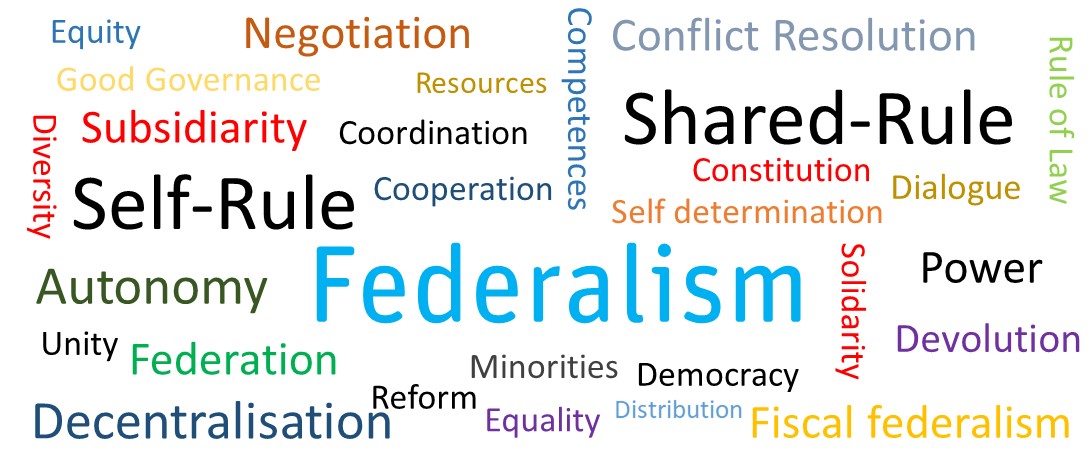Abstract
This contribution aims to shed light on innovative phenomena of diversity accommodation and assess their practical and theoretical implications. It illustrates that, based on the mentioned innovative developments, emerging legal scholarship is offering fresh perspectives on federalism and diversity governance. These show that the time is ripe to complement the established categories and approaches in these areas to apprehend the complexity of this legal phenomenon.

